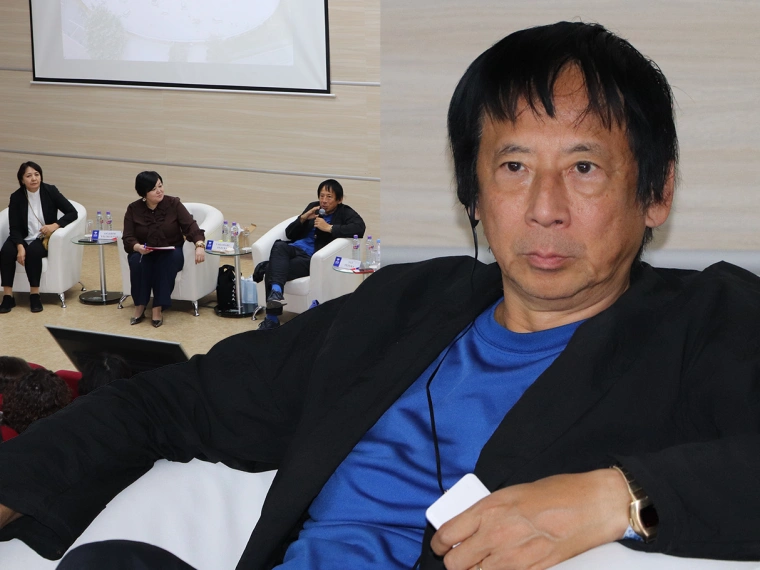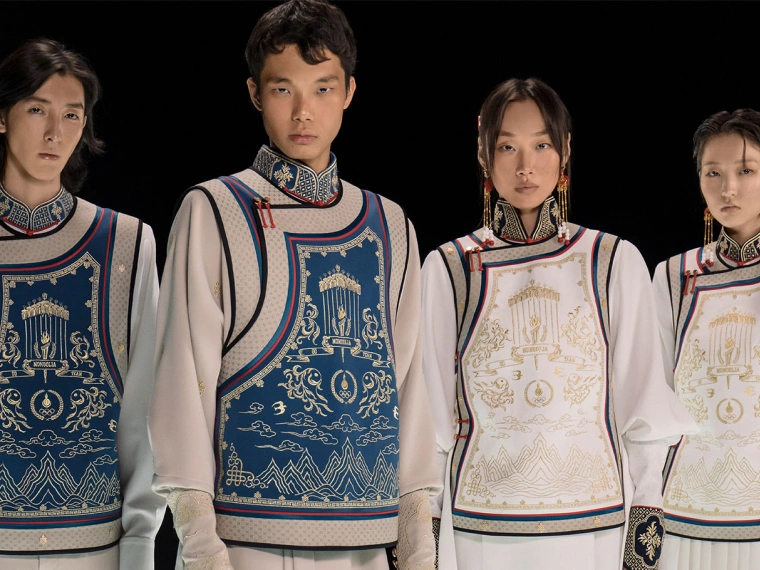
From Georgia to Kazakhstan: why is tamada a huge part of Kazakhstani feasts?
Imagine a big celebration, perhaps, a wedding. Waiters are busy serving dishes and drinks. Dozens of people (or even more than a hundred) spend their time chatting, dancing, eating, and drinking. Newlyweds with the bridesmaid and the groomsman reside at the main table watching over the crowd of relatives and friends meeting each other for the first time in their lives.
This type of event is known as toi. It is a unique blend of traditional and modern ideas of the feast that is common in Kazakhstan and other Central Asian countries. Toi is not necessarily a wedding: it could be a birthday or an anniversary. One of the most important features of toi is the great number of guests. Invitations are sent to all of the relatives whom they haven’t met yet. Obviously, most of the guests do not know each other properly. A gathering of so many people with so little in common leads to arctic ice growing between guests because people have no touchpoint. However, a good tamada with his talents and ideas can bring everyone closer to each other to spend at least one fun evening together.
History and Position “Requirements”
Before diving into the concept of a modern tamada, it is important to learn about where this profession comes from. Tamada is a Georgian concept. There are two versions of the origins of this word: “son-in-law”/”groom” in Persian, or “leader” in the Adyghe language. In any case, tamada is a toastmaster, the host of the gathering. His primary responsibility is to organize a good evening and prevent any possible conflicts. This also means controlling the number of alcohol guests drink.
There was а number of personality traits and qualities that made a person suitable for this important role. Being whip-smart and eloquent was always a must, as tamada proposed the toasts and often spoke first. In order to plan the order of toasts and entertainment for the gathering, the host must have been very responsible and well-organized. As the evening progressed, guests gradually became drunker and distracted, so tamada had to be sociable enough to attract all the attention. Another important detail about being a tamada was either not to consume alcohol at all, or to have it to a much smaller extent than guests. Otherwise, the feast would inevitably turn into chaos closer to the end.
Being a tamada was a great responsibility for people, so it is very obvious that so many years later this role turned into an actual profession. After the Soviet Union period, other countries, including Kazakhstan, adopted this phenomenon into their own culture.
Tamada in modern Kazakhstan
Unlike in old times in Georgia, tamada is now hired long before the gathering because thorough preparation is required. It is also common for tamada to work along with musicians, so hiring a team with a host at the head of it is also common. Modern tamada is still responsible for organizing an enjoyable evening, but nowadays he has additional responsibilities.
Singing and dancing at toi is no longer enough because more entertainment is needed to satisfy guests. This is why tamada also writes a script for the evening and discusses it with the organizers. The evening usually starts with the opening speech about the event. It is always about the celebration and its organizers, so tamada usually speaks about love between newlyweds or a birthday person’s accomplishments. During the speech, guests are all seated and enjoy food and drinks.
Then, the actual entertainment begins with continuing toasts, fun games, and dances. Tamada sets the order in which people give their toasts: often, the closest relatives like parents or siblings give the first speeches. When saying a toast, guests go towards the “main stage”: usually, it is a big space between all the tables that also functions as a dance floor. To assure everyone is being heard, a microphone is used.
Games are a primary source of energy that brings people together. Tamadas redo simple quizzes and competitions to make them more interesting and common to all guests. For example, it is common to have quizzes to test how well guests know the organizers or make competitions on a more general topic like soviet movies. These games are usually intellectual. However, other activities also take place. These ones could be anything from relays to various dance battles. Team games are also introduced to connect people. One important detail here are prizes: they usually include small knick-knacks, candies or even bottles of alcohol.
The script for the evening must also include breaks for having a meal or dancing. At this time tamada plans music for guests, while they are eating and chatting with each other. Meanwhile, the host can also enjoy dinner, provided by the organizers as well as make preparations for the further competitions and toasts.
Nevertheless, tamada does not stay there for the whole evening: he usually leaves in the second half of it, after some main dishes are served. At this time, the atmosphere of the feast is different in comparison with how it was in the beginning. People are more relaxed, they enjoy each other’s company and dance to their favourite tunes.
Tamada and the essence of union
An essential part of modern Kazakhstani culture is the unity between different people. More than a hundred ethnicities reside in the country cherishing their own heritage and traditions. As history has shown, the separated groups were always easily conquered, while unions were harder to get. In the present, Kazakhstani people focus on being together rather than separating from each other, so common goals could be more easily achieved.
This idea of unity is also seen in tois. Otherwise, what would be the reason for this inexplicable love for such huge gatherings? Close family, distant relatives, friends from university or military, even colleagues: what do these people have in common? The toi should include all of them for a celebration, and without tamada, the event loses its unity and cohesiveness. The bigger the crowd the fewer the similarities there are between people, and it takes more time to create a bond. Tamada acts as a catalyst in the chemical reaction: he encourages people to make conversations and connections. This is one of the reasons why tamada is so appreciated in the culture. Through fun and games, he reminds guests that all of these different people are gathered to celebrate one common thing and unites everybody.





